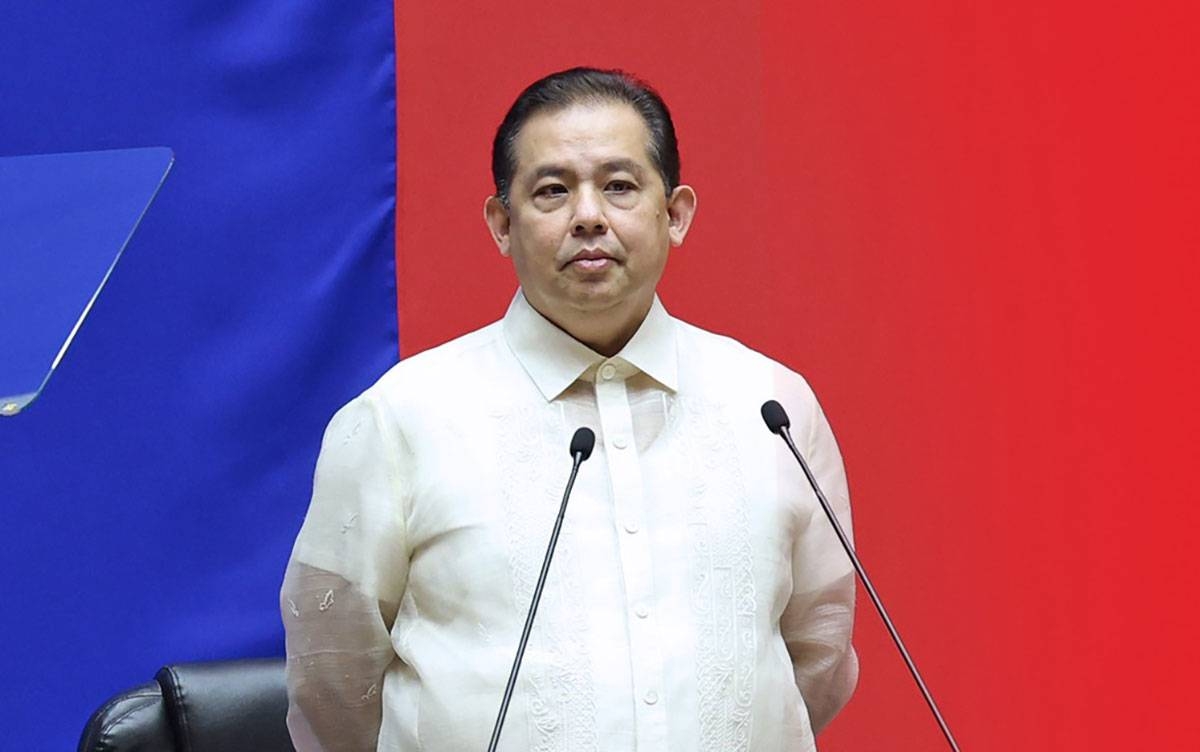Lawmakers in the Philippines are offering contrasting views on the proposal to amend some economic provisions of the 1987 Constitution. The House of Representatives is considering this amendment to entice foreign investments and boost the country’s economy. However, opinions on this matter differ among the lawmakers.
Speaker Ferdinand Martin Romualdez believes that amending the Constitution is necessary to attract foreign investments. He emphasizes the need to examine the procedural aspects of the amendment and ensure that the economic provisions are supported by a story of continuity in the government. Romualdez envisions the 19th Congress leaving a legacy of making the Constitution more attuned, sensitive, and responsive to the changing times.
On the other hand, Surigao del Norte 2nd District Rep. Robert Ace Barbers sees the passage of laws that circumvent constitutional prohibitions as an acknowledgment of the flaws in the 1987 Constitution. Barbers believes that a revised constitution would serve as a tool for President Ferdinand Marcos Jr. to attract foreign investors. He argues that passing economic laws in contravention of the Constitution is futile, as they will be questioned before the Supreme Court. Barbers sees the need for a constitutional revision that addresses the country’s economic, political, and social challenges.
Albay 2nd District Rep. Edcel Lagman expresses reservations about liberalizing foreign equity and ownership of sensitive corporations and enterprises. Lagman believes that amending constitutional provisions is not among the key factors that attract foreign direct investments, as listed by the Organization for Economic Cooperation and Development (OECD). According to Lagman, factors such as ease of doing business, elimination of corruption, predictability of government policies, infrastructure, internet speed, and cost of power are more crucial for attracting foreign investments. He also cautions against using the amendment of the Constitution to extend term limits for executive and legislative officials, as this has been rejected by the Filipino people in surveys.
The Liberal Party (LP) is unequivocally opposed to charter change and emphasizes the cost to the people in terms of time and money. The LP believes that resources should be used to address pressing issues such as rising commodity prices, the education crisis, and environmental and health threats. They argue that opening up the amendment process could lead to changes in other provisions, including those on term limits and the prohibition of political dynasties, adding to the burden of the Filipino people.
In contrast, Trade and Industry Secretary Alfredo Pascual is confident that amending the Constitution will benefit the country by increasing foreign investor confidence and trust. Pascual believes that foreign investments bring not only capital but also technology and expansion opportunities. He urges Filipinos to support the government’s drive to attract foreign investments.
Amidst these differing views, it is essential to consider the potential impact of amending the Constitution on the country’s economic landscape. Balancing the need to attract foreign investments with protecting national interests and ensuring the well-being of the Filipino people is crucial. The debate surrounding this proposal highlights the importance of open dialogue and careful consideration of the long-term consequences of any constitutional changes.







